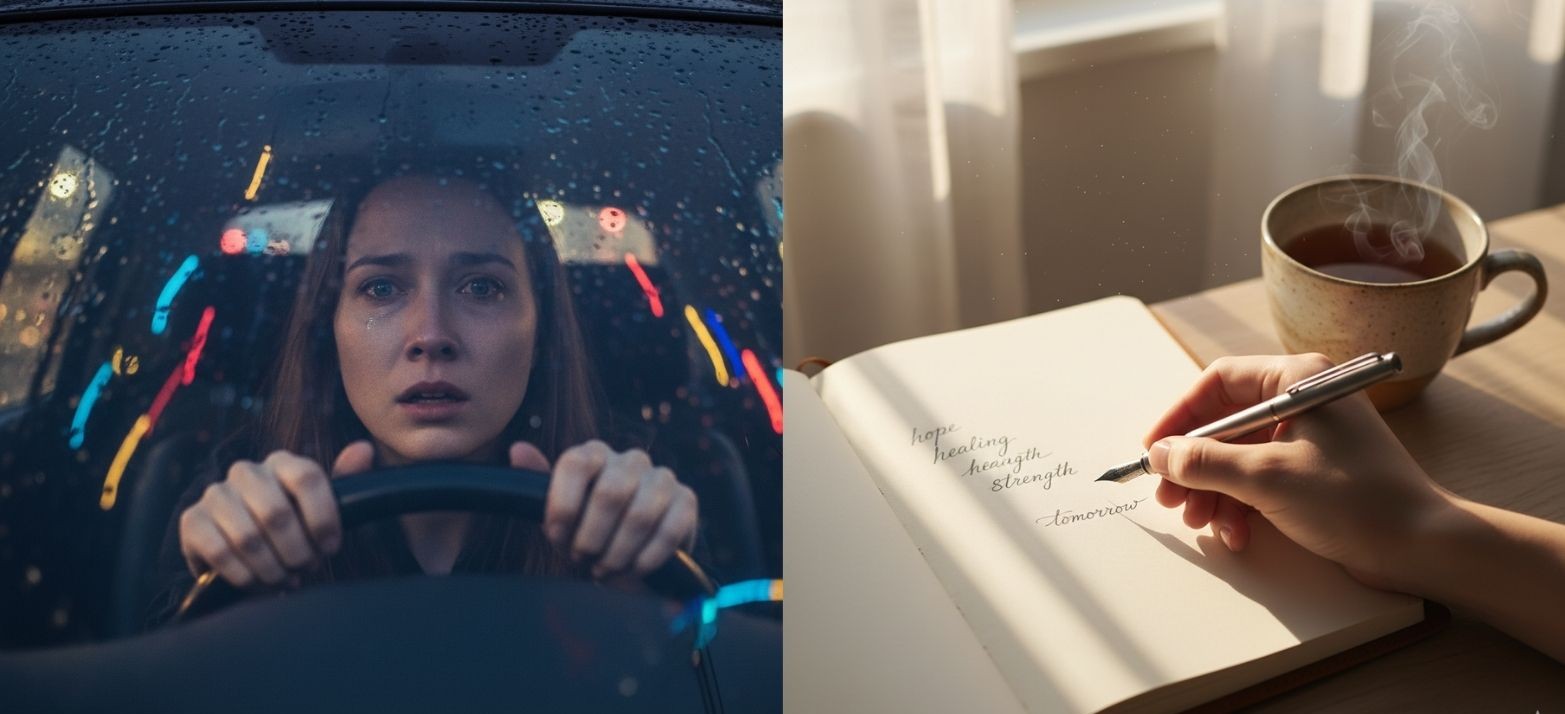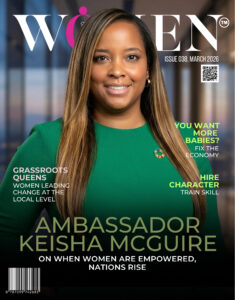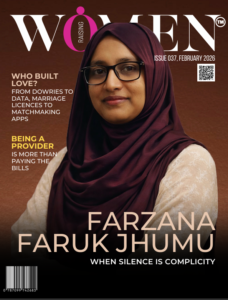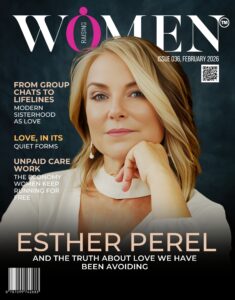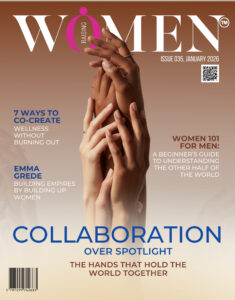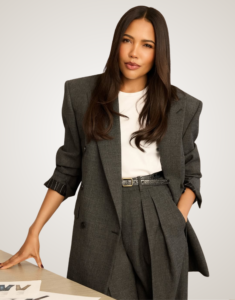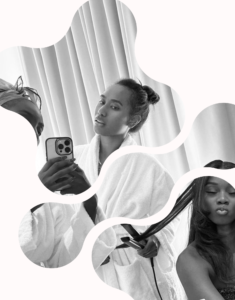By Anonymous
The day I found the lump, I didn’t think much of it. It was small, barely noticeable, a harmless swelling, I told myself. I had too much to do to think about hospitals, work dead-lines, school runs, and life. But the lump didn’t leave. It stayed, it grew. And somewhere deep down, I knew it wasn’t harmless.
When the doctor said the word “cancer,” everything went silent. I could see his lips moving, but my brain couldn’t register the sound. Cancer. It hung in the air like a sentence.
I didn’t cry that day. I just went home, sat in my car for hours, and stared at the steering wheel. It felt like the world had shifted and no one else noticed.
Telling my family was harder than hearing it myself. My husband tried to be strong. My mother started praying before I finished my sentence. My children, they just looked confused. “Will you die, Mama?” my youngest asked. And for a moment, I couldn’t answer. Because the truth was, I didn’t know.
The weeks that followed felt like a blur of hospital rooms, tests, scans, and sterile white walls. I learned to spell words I never wanted to know. Mastectomy. Chemotherapy. Radiation. Words that carried both hope and fear.
People told me to be strong. To keep fighting, and to have faith. But no one told me how to feel when I woke up one morning without a breast.
The first time I looked at myself in the mirror after surgery, I couldn’t breathe. My reflection was unrecognizable. The woman staring back at me had scars where softness used to be. I touched the empty space on my chest and cried until I couldn’t anymore.
I thought losing my breast meant losing my womanhood. I thought my husband would look at me differently. I thought I would never feel beautiful again.
But over time, something changed. Healing is slow. And it’s not just the body that needs healing, it’s your mind, your pride, your identity. I had to learn to see myself beyond what was missing.
I started journaling, small thoughts at first, then bigger ones. I wrote about fear, about hope, about the things cancer couldn’t take from me: my laughter, my mind, my love for my children. I wrote until my words became a mirror that showed me I was still here.
I started walking in the mornings. At first, I could barely manage five minutes without gasping for air. Now, I can walk thirty. The air feels like freedom. My body may be weaker, but it’s still mine.
Sometimes I catch people staring at me, at the headscarf, the weight loss, the tired eyes. I used to shrink under their gaze. Now I meet it because surviving is nothing to hide.
Cancer has stripped me of vanity. It has made me painfully aware of how fragile life is. But it has also taught me presence, how to hold my daughter’s hand longer, how to laugh louder, how to stop postponing joy.
I used to spend my life rushing, chasing goals, deadlines, perfection. Now I count small victories: a meal I can finish without nausea, a day without pain, a night I sleep through.
Sometimes, when I’m alone, I still cry. Not out of fear anymore, but release. I cry for the old me, the one who thought she was invincible, who never imagined her body could betray her. And I cry for the woman I’m becoming, softer, slower, braver.
There are moments of anger too, anger at my body, anger at the randomness of it all. Why me? But then I remember that life doesn’t answer those questions. It only gives you the choice to live anyway.
People often tell me I’m inspiring. I don’t feel inspiring. I feel human, scared, hopeful, alive. I’m learning that courage isn’t the absence of fear. It’s walking into chemotherapy with your head held high even when your knees are shaking. It’s smiling at your children when you want to scream. It’s choosing hope every morning, even when the statistics tell you not to.
I don’t know what tomorrow holds. Maybe remission, maybe another battle. But I’ve stopped letting fear write my story. The mirror no longer scares me. The scar on my chest is no longer a reminder of what I lost, it’s proof of what I survived.
Cancer tried to take my body. What it gave me instead was clarity, about what matters, about who I am, about how strong I’ve always been. And that, I think, is what healing really means. Not getting back what you lost, but finding beauty in what’s left.

